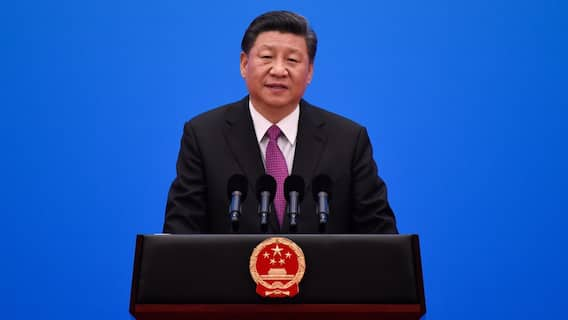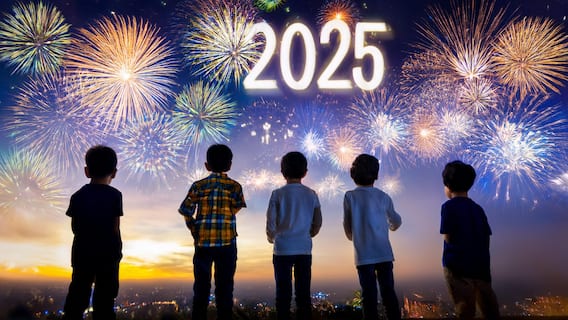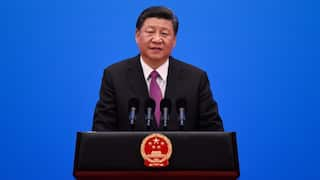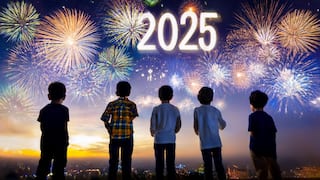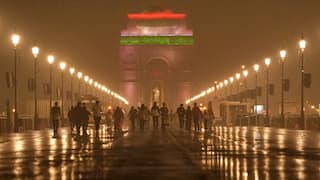Can discrimination contribute to feelings of radicalisation?

Washington D.C. [USA], Aug 06 (ANI): Immigrants, who feel marginalised and experience discrimination culture and society, are more likely to experience radicalism, warns a study.
According to researchers, marginalisation and discrimination were found to predict feelings of insignificance, which became stronger with the experience of more discrimination and, in turn, predicted an attraction to fundamentalist groups and its extreme behaviour.
"We found that immigrants who are identified with neither their heritage culture nor the culture they are living in, feel marginalised and insignificant," said study author Sarah Lyons-Padilla from Stanford University.
Lyons-Padilla stated that experiences of discrimination make the situation worse.
The team conducted two studies, one focused on 198 Muslims (78 men) aged 18 and 35 living all over the United States.
They were asked about their cultural identities and attitudes toward extremism via online surveys.
In first sample, 92 were first-generation immigrants; the rest were second-generation American-born, with the majority (105 participants) identifying Pakistan as their heritage country.
They were asked how connected they felt to their heritage culture as well as to American values and how they felt about their level of integration in their new country.
They were also asked if their religion or cultural background had ever led to their experiencing hostility or unfair treatment and how connected and significant they felt.
Another study on recent Muslim immigrants in Germany (204 participants) and the U.S. (198 participants) in late 2014 showed that in Germany, Muslims reported having a more difficult time integrating than immigrants in a looser society, such as the U.S.
"In what has also been referred to as a vicious cycle of prejudice, we find that lower levels of openness to diversity are associated with lower levels of cultural integration," she said.
The findings, therefore, suggest that radicalisation is not merely a process that takes place within individuals, but that the larger context of reception plays a crucial role.
The research is presented at the American Psychological Association's 125th Annual Convention. (ANI)
This story has not been edited. It has been published as provided by ANI
Trending News
Top Headlines








